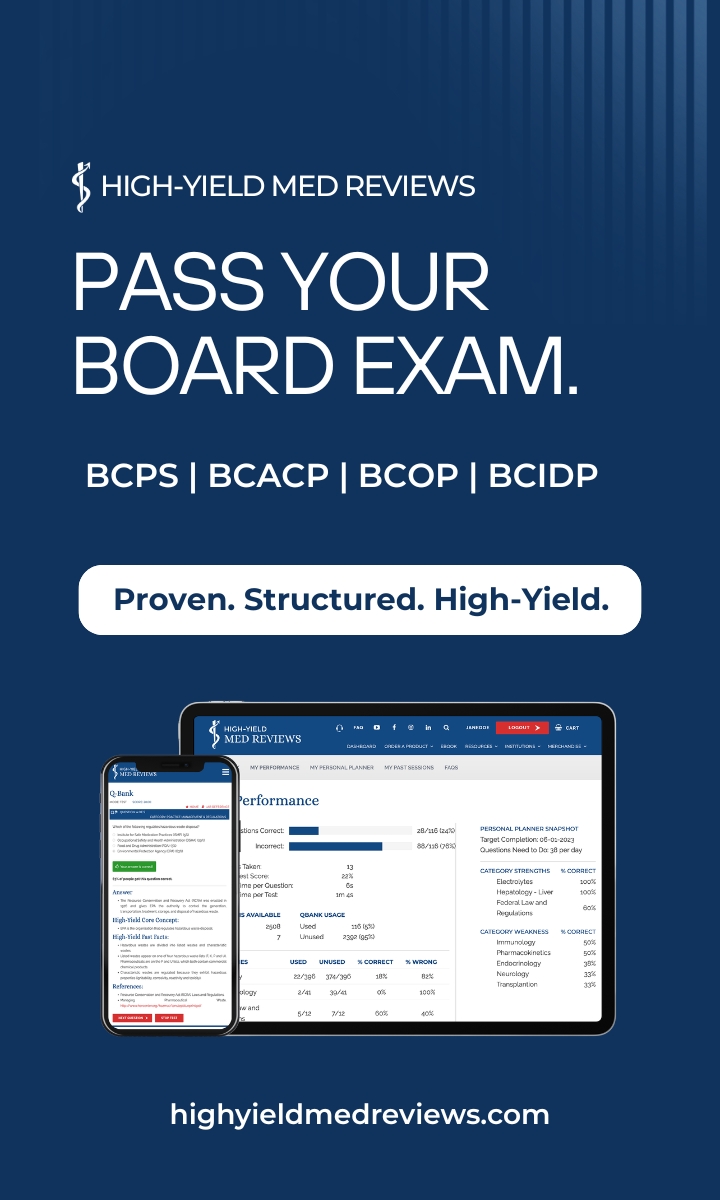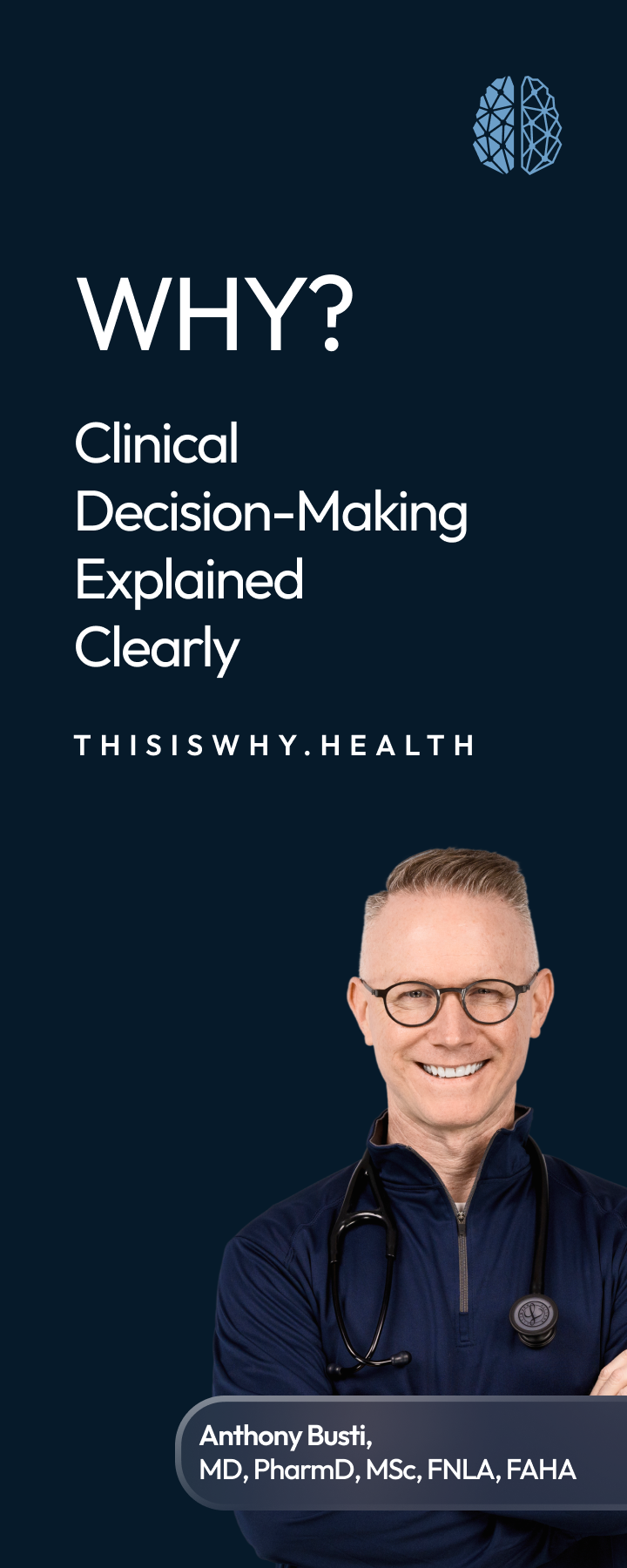ARREST Trial: Amiodarone for Out-of-Hospital Resuscitation of Ventricular Tachycardia or Ventricular Fibrillation
Summary:
- This trial was pivitol to amiodarone's incorporation into the ACLS algorithm for refractory pulseless ventricular tachycardia (v-tach) or ventricular fibrillation (v-fib).
- It
was the first antiarrhythmic agent to show an improvement in survival to
hospital admission and still remains to be the only pharmacologic intervention
to be potential beneficial in cardiac arrest from refractory v-tach or v-fib.
- While this study was not powered to evaluate mortality and despite the above benefits, there was no difference in survival to hospital discharge.
Landmark or Original Studies
|
||||||||||||||||||||
|---|---|---|---|---|---|---|---|---|---|---|---|---|---|---|---|---|---|---|---|---|
|
Other EBM Consult Related Content
|
|---|
|
MESH Terms & Keywords
|
|---|
|





